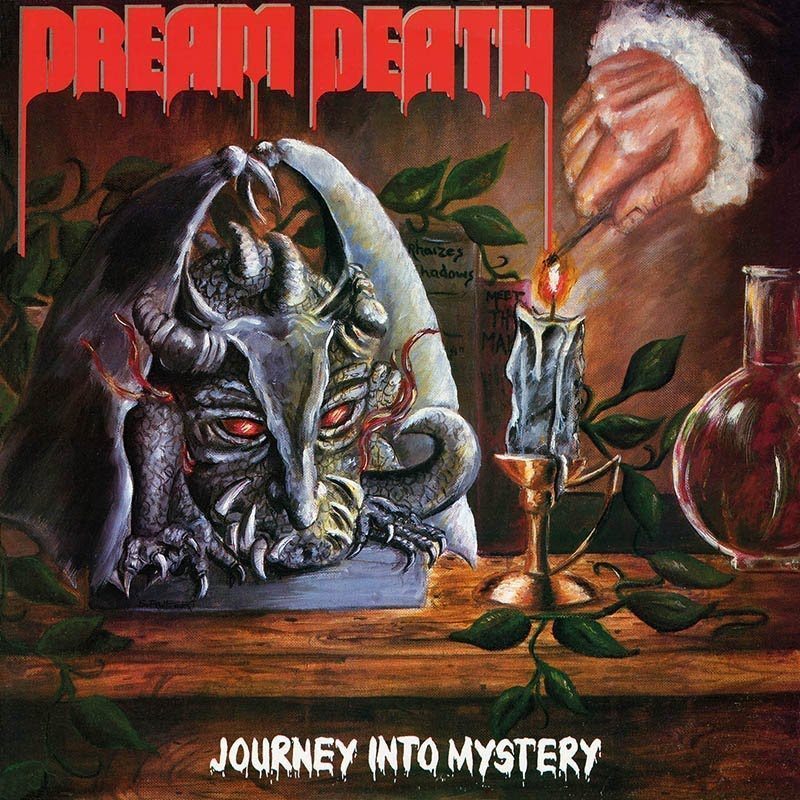
Most interesting, as participants approached death, these realistic visitations and comforting dreams/visions of the deceased became more prevalent as death approached significantly predicting the onset of death.Ī commonsense explanation of these visitation dreams suggests that mother nature uses the dream state to carry us through intensely painful and wrenching emotional experiences: the loss of a loved one and our own impending deaths. For example, Tim (age 51) had dreams that included his deceased parents, grandparents, and old friends who were ‘‘telling me I will be okay.’’ ‘‘I haven’t seen some of these people for years,’’ he stated, and ‘‘I know we are going somewhere but don’t know where.’’ The authors stress the fact that their patients were not experiencing delirium or confusional states when they reported these dreams. The appearance of these relatives in dreams were experienced as real or highly realistic, rather than dreams per se and the visitations were rated by the patients as a highly comforting experience. These deceased persons conveyed a message to the dreamer that they were all going somewhere and that things would be OK. The most common dreams featured friends or relatives of the dying patient who had died before them.

Most (61%) of the patients were dying from cancer. What do people dream about when they are dying? These authors collected (and content analyzed) dreams from 59 hospice patients in roughly the 20 or so days before they died. With regard to end of life dreams (#2 above), this same group of researchers conducted a fascinating study on dreams of hospice patients. The respondents also noted that these visitation dreams increased acceptance of the loved one's death. Prevalent dream themes included pleasant past memories or experiences, the deceased free of illness, memories of the deceased's illness or time of death, the deceased in the afterlife appearing comfortable and at peace, and the deceased communicating a message (usually that they are OK). surveyed 278 bereaved persons regarding their dreams and found that 58% of respondents reported dreams of their deceased loved ones, with varying levels of frequency. Equally importantly, these visitation dreams are therapeutically beneficial for the bereaved as they are comforted by the visitation.


I have called attention to the fact that these visitation dreams are not experienced as mere dreams by the bereaved as many are utterly convinced that their deceased loved ones were really there with them in the room and that they touched, embraced and communicated in the night. These are dreams that occur to the bereaved where the bereaved is “visited” by a deceased someone they knew or loved. With regard to #1, I have several times in this blog called attention to “visitation dreams”.


 0 kommentar(er)
0 kommentar(er)
